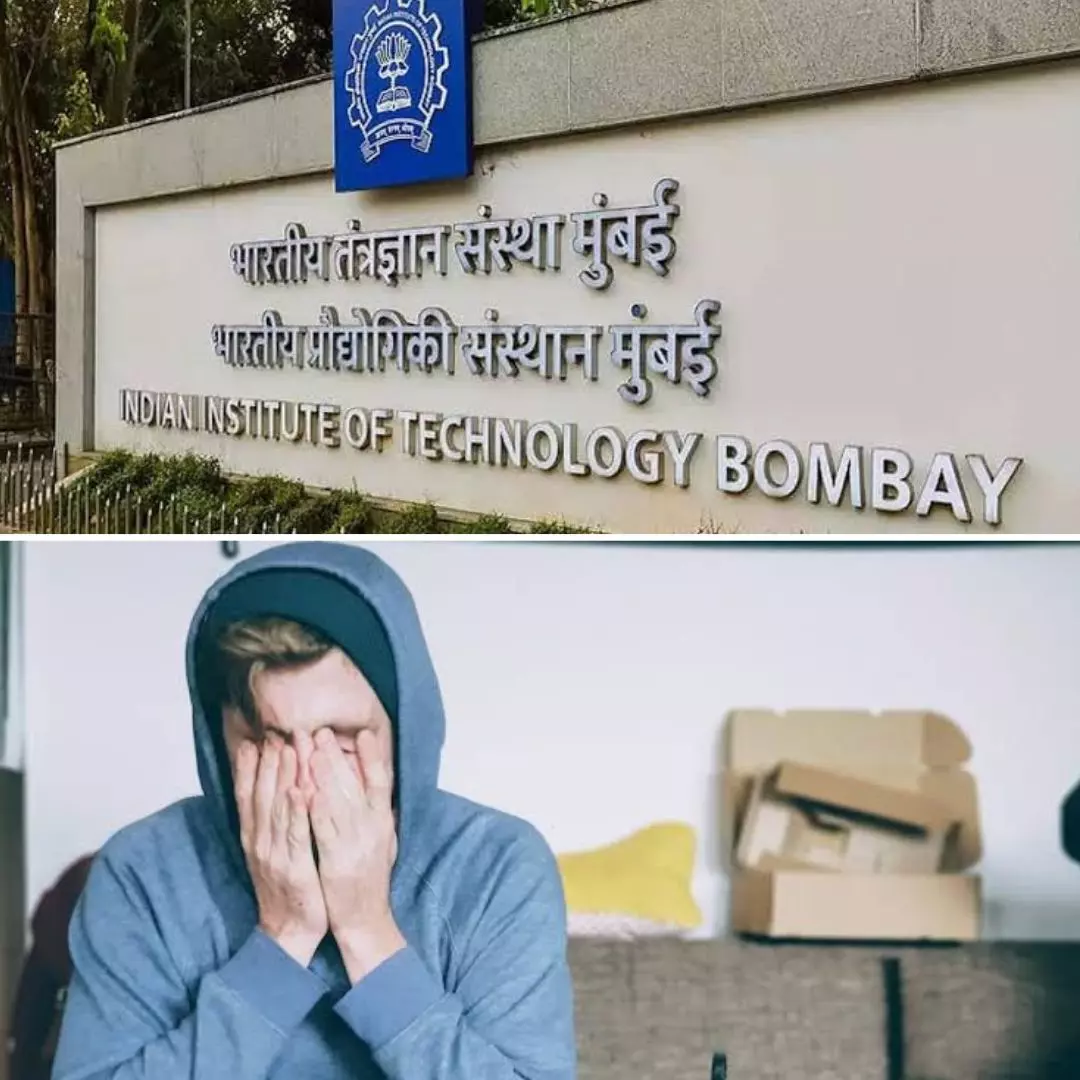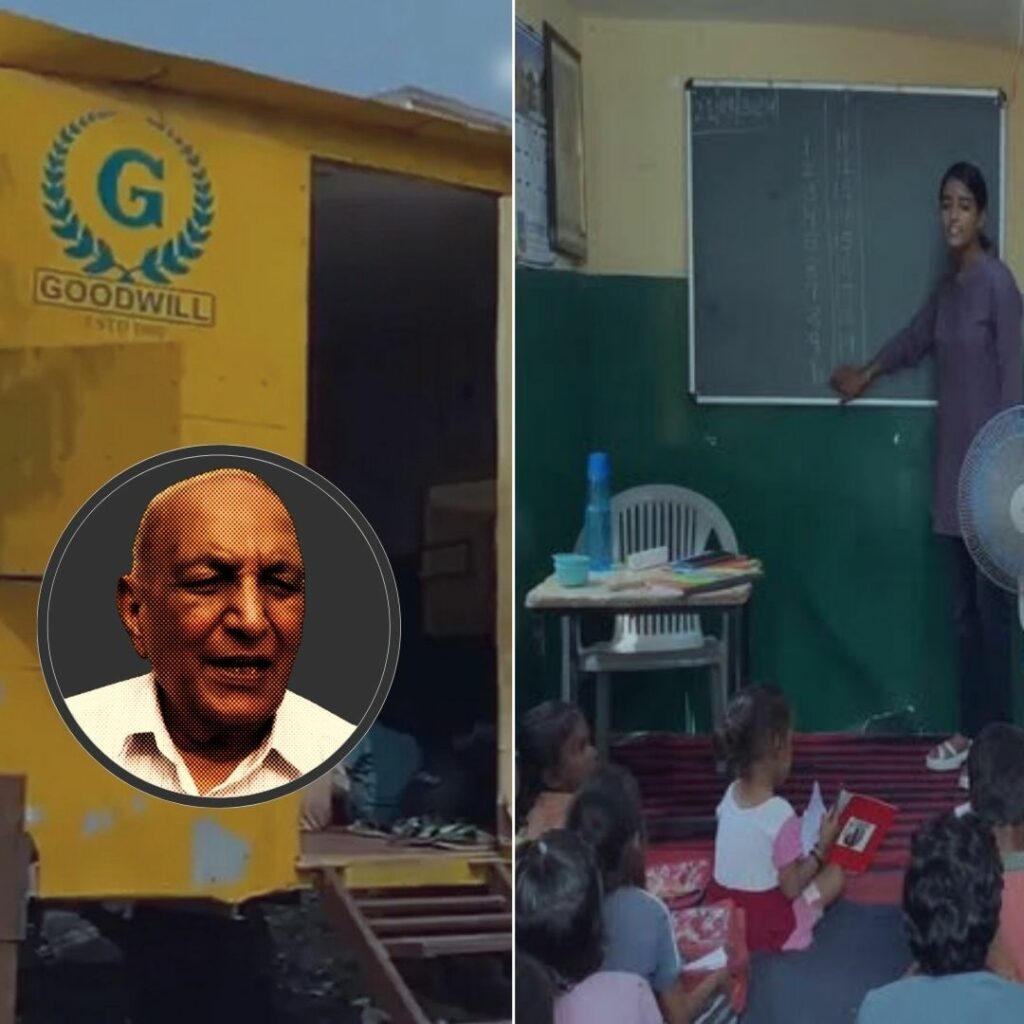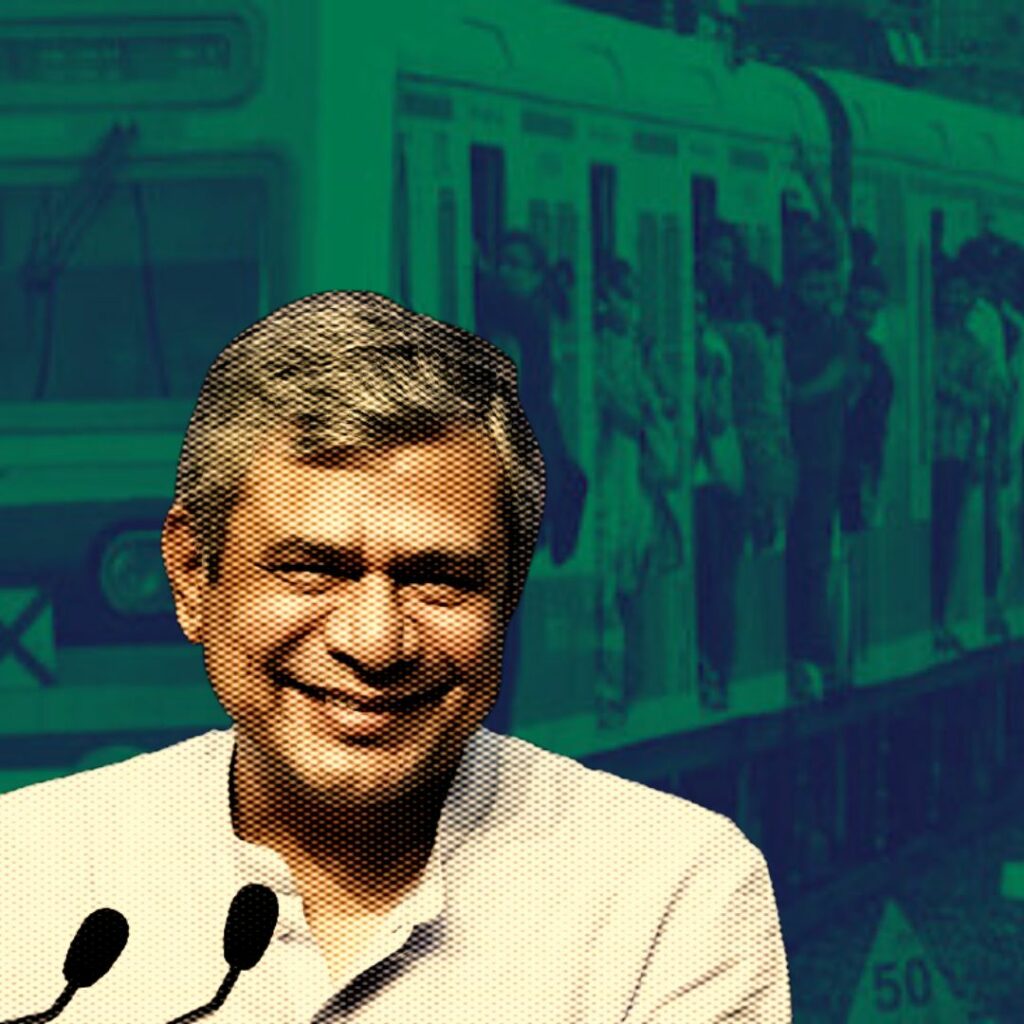Tragedy strikes the campus of the Indian Institute of Technology (IIT) Bombay once again, as another Dalit student dies by suicide. The incident, reported on February 12, declared Darshan Solanki dead after he took his own life by allegedly jumping from the campus hostel building.
With student deaths on the rise, especially among those from marginalised communities, IIT Bombay has sparked discussions and outrage around the need for an inclusive and safe space for students on campus. It has also brought back discussions on the importance of institutions to acknowledge students’ mental health.
Mourning Death Of A Promising Mind
Solanki, an 18-year-old student in first-year B Tech, was reported to have died by suicide on the IIT Bombay campus. Following his death, the Ambedkar Periyar Phule Study Circle (APPSC) alleged it was a case of “institutional murder.” Pranav Jeevan, an APPSC cell member, stated that the group has been raising the need for a Dalit counsellor for years to have a caste-aware and inclusive body that marginalised students can approach.
“When counsellors themselves are against reservation, how can you expect a Dalit student to turn to them for help?” he added. APPSC is of the opinion that the institution has failed its students time and again in this regard. They accused the institute of not supporting its students and enabling discrimination within the campus.
Meanwhile, the Director of the institute sent out a mail to the students and faculty expressing his sorrow and regret over the incident. He informed them that the Powai police were investigating the case, and the parents had been duly informed of the tragic news. The Director concluded the mail by saying, “We deeply mourn the death of the student and pray that the family gets the strength to bear this loss. May his soul rest in peace.” Students and the APPSC pointed out how the mail did not include details of the student who had died by suicide. After this, the Director’s office sent out a second mail which identified the deceased by his name and other details.
Talking about the administration’s apathy, Pranav said, “The first mail just mentioned the loss and refused to even identify the human loss in this incident.” A report by the New Indian Express quoted him saying that it was only after the candlelight marches were held that a second mail was forwarded identifying the student. Currently, the police are probing into the matter and recording the statements from Solanki’s roommates to determine the motive.
A Need For Institutional Reforms
Shedding light on the institute’s structure, the APPSC cell spoke out about the lack of representation in the faculty and the delay they exhibit in the formation of a dedicated SC/ST cell. The cell had begun functioning in 2022 despite demand for its establishment since 2014. It continues to run with no mandate, and the administration’s delay plays out as an indicator of the institution’s approach toward creating safe spaces for the marginalised.
The death of Solanki during his first year at the institute reflects upon this institutional apathy. Speaking about the difficulty students go through, Pranav conveyed that it is particularly difficult for the first years as they are new to the campus and the academic pressure that comes with it. Adding to this existing pressure are the effects of caste discrimination and casteist harassment.
A report by the Free Press Journal quoted Dr Naresh Purohit, advisor of the National Mental Health Programme, saying, “India holds the record of the highest number of deaths by suicide, and two-thirds of them are youths. Nearly 150 million Indians need active psychological intervention, and among these, a good majority are students. Substantiating this is the NCRB data of 2020, which found that a student in India took their life every 42 minutes, and over 30 students died every single day by suicide. With such data and repeated incidents, it is the need of the hour for institutions to prioritise the mental well-being of students and create a safe space free of harassment and discrimination.
For students and others who require help or support, some free helplines that work around the clock and can be reached out to are – iCall (9152987821), Aasra (91 9820466726), Maithri (91 484 2540530), and others. You can also access the collated list of working free helplines across different states in India through the suicide prevention helpline directory of Aasra.
Also Read: On Suicide Prevention Day, Here’s How We Can Collectively Reach Out And Help Those In Need
https://thelogicalindian.com/h-upload/2023/02/15/500x300_229752-untitled-design-6.webp
Mental Health
2023-02-15 06:53:16.0
‘Institutional Murder’: Dalit Student Dies By Suicide In IIT Bombay; APPSC Condemn Institution’s Apathy











